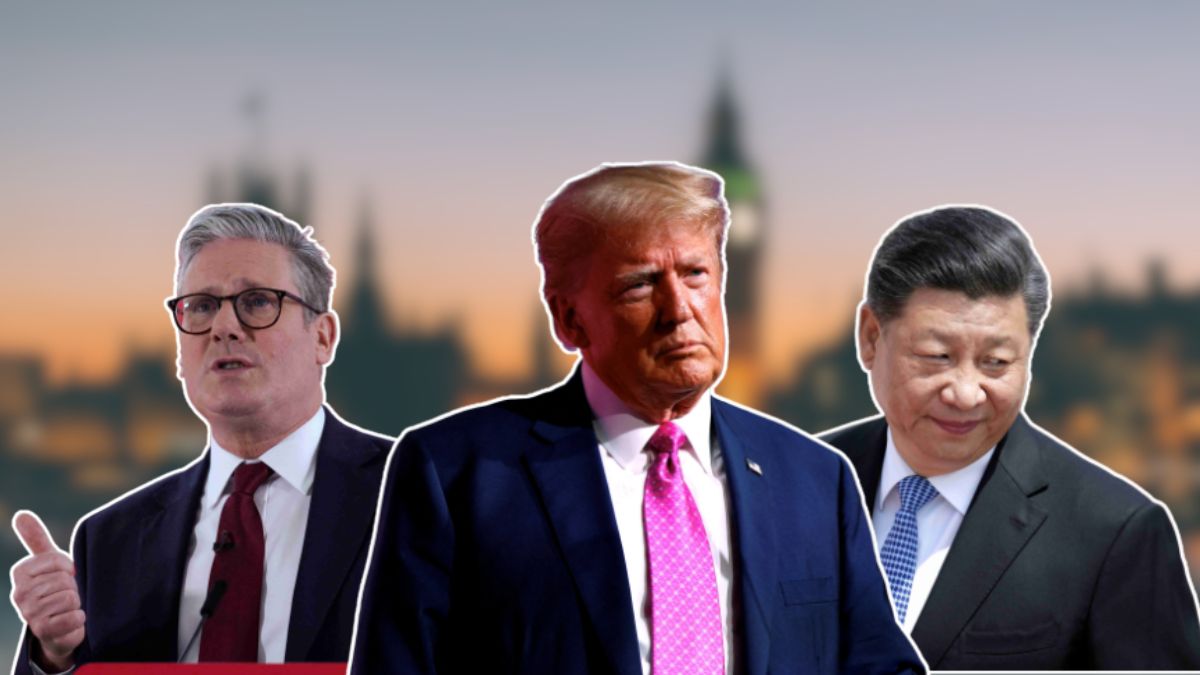China has raised objections to the recent trade agreement between the United States and the United Kingdom, citing concerns over security-related clauses that could restrict Chinese access to British supply chains.
The deal, signed last week, grants the UK partial relief from US tariffs on steel and automotive exports. In return, London agreed to adhere to stringent US security requirements in key sectors, particularly steel and pharmaceuticals. These requirements include restrictions on foreign ownership and increased scrutiny of supply chains.
Beijing sees the inclusion of these clauses as potentially harmful to its commercial interests. The Chinese Foreign Ministry told the Financial Times that the “basic principle” of any trade arrangement should be that it does not “target third parties.” Foreign Ministry spokesperson Lin Jian reiterated that international cooperation should not come at the expense of other countries’ interests.
China’s criticism follows broader concerns in Beijing over what it sees as a coordinated effort by Washington to pressure allies into decoupling from Chinese supply networks. The contested provisions could affect the flow of Chinese goods and intermediate components in sensitive UK industries.
The UK government has defended the agreement, saying it is designed to protect British jobs and national security. Officials added that trade and investment with China remain important to the British economy.
The agreement arrives amid the UK’s efforts to recalibrate its relationship with China. Prime Minister Keir Starmer’s government has indicated a desire to re-engage with Beijing, though analysts note that the new deal may complicate those efforts.
Quick Reads
View AllIn response, China has accelerated its “dual circulation” strategy aimed at reducing reliance on foreign markets by strengthening domestic production and consumption.
The developments highlight the challenges faced by countries navigating between US trade alliances and economic ties with China, especially in sectors considered critical to national security.
With inputs from agencies


)

)
)
)
)
)
)
)
)



